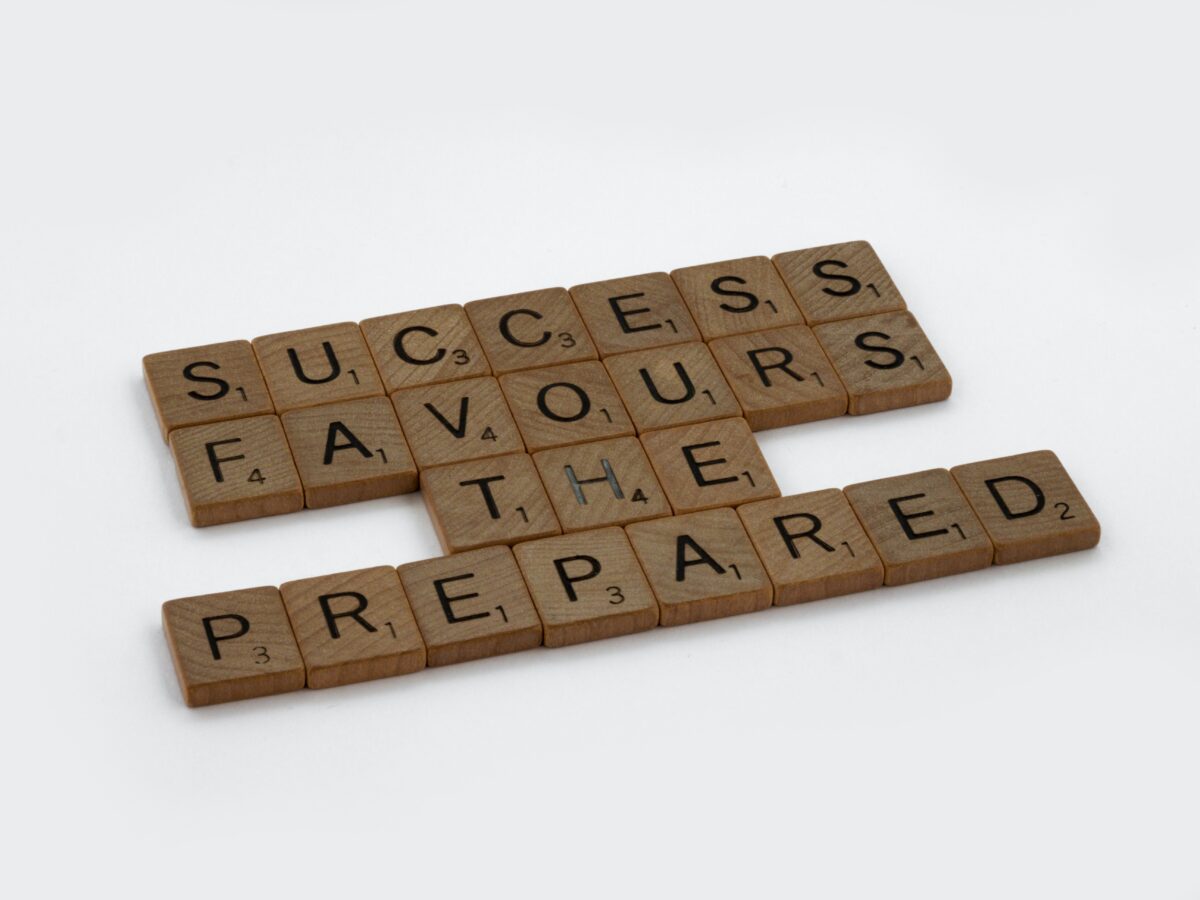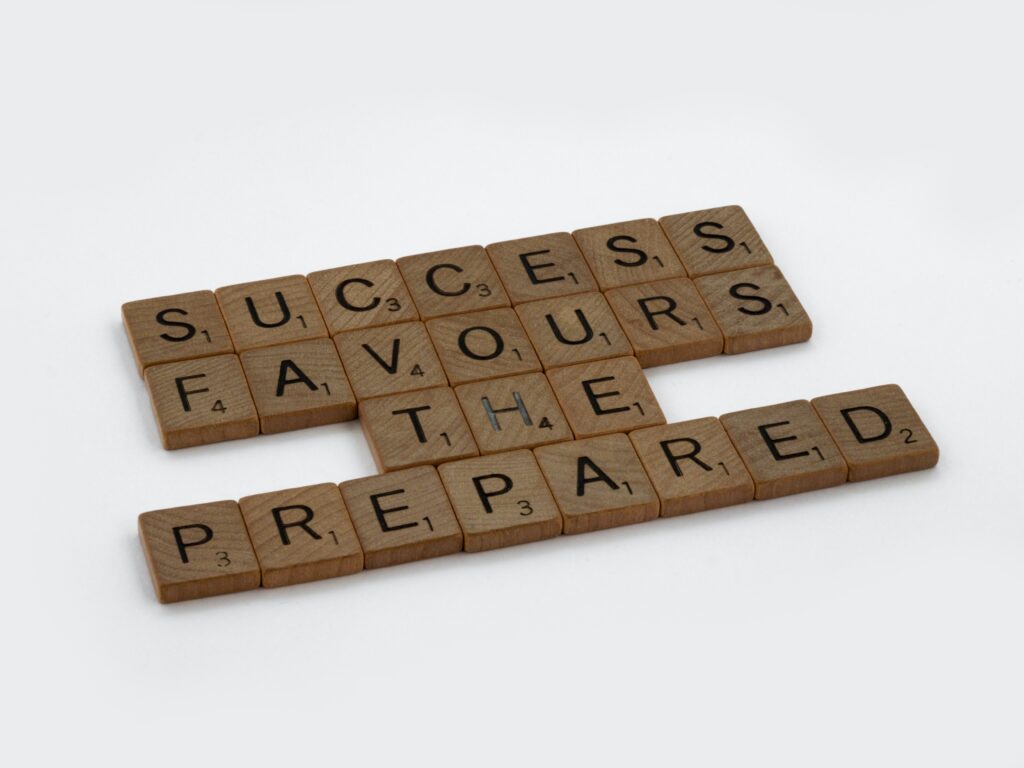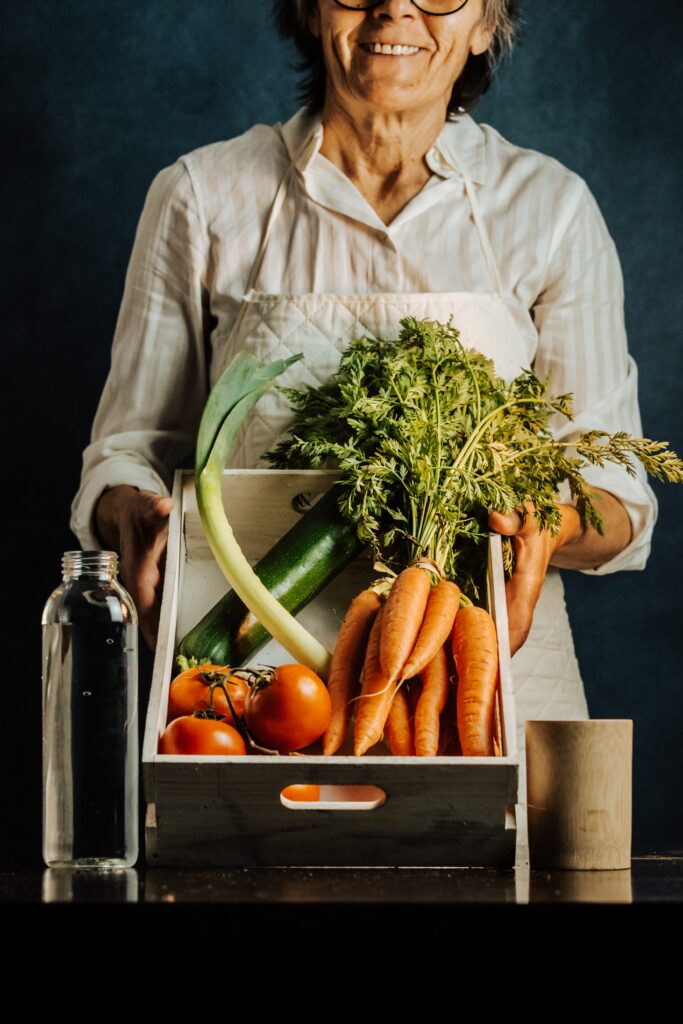Preparing for the next crisis


Corona came as a complete shock to me. Which was foolish, seeing as I had repeatedly heard experts say that it was only a matter of time before we were hit by the next pandemic. Just three years ago, in 2018, the anniversary of the 1918 flu pandemic was occasion for a number of excellent documentaries, each concluding with their own chilling warning that the question was not if another pandemic would come, but when. Fortunately for us all, those in charge of developing vaccines were well prepared, resulting in a truly incredible speed of response. Unfortunately, in many other areas such as testing and the ability to administer the developed vaccines on a massive scale, we were woefully unprepared.
While I believe there is a great deal that could be improved in our readiness for a pandemic, I also understand the difficulties involved. How do you justify spending money now on preparing for something that might happen this year, or might not occur within our lifetimes? Not to mention the problem of determining what to spend the money on: an investment in stockpiling flu vaccines pays dividends if a flu pandemic comes along, but would have been worthless for corona.
The question of how to prepare for a future pandemic reminds me of a project I once worked on to provide personalised nutritional advice to improve people’s health. At the start of the project, we discussed the definition of health. Most of us think of health as not being ill or injured. However, a person who is kept isolated in a padded room would be unlikely to get ill or suffer injury, yet would probably be far from what we would consider as healthy. In the project we eventually adopted the idea of resilience as a measure of health. A healthy person could still get ill or suffer an injury, but would be capable of recovering quickly. The trick was to ensure people were healthy before the illness or injury struck, for example by making sure they ate well and took regular exercise. It strikes me that this idea of health and resilience is a useful model for our preparedness for another pandemic.
Healthy people

While corona has struck down many fit and healthy people, it remains clear that the risk of serious illness is greater for people with underlying health conditions. Many of these, such as heart disease, respiratory conditions, diabetes and obesity, can be tackled by improving diet, stopping smoking and taking more exercise. Improve the health of the population, and we will be better able to withstand a pandemic.
Healthy society

The ability of individuals to fight off corona is one aspect. Another is how the virus spreads through the population. Prior to corona, it was very normal to go to work with a cold, and in many cases people even dragged themselves in while suffering the flu. All because it was frowned upon to ‘pull a sickie’. Once corona hit, the advice was to stay home when ill. However, in many sectors this was impossible, where workers felt unable to stay at home or even admit to being ill due to their terrible working conditions, such as in the meat processing industry. Poor housing conditions also contributed greatly to the spread of corona and to the number of serious illnesses and deaths. Ensure better living and working conditions for all, and we help not only those directly affected, but help to reduce the spread of a pandemic, benefiting everyone. Take care of our society, and we take care of ourselves.
Healthy leaders – and followers

I have never had a particularly high opinion of politicians. Yet somehow, in the back of my mind, I harboured the notion that in a crisis they would suddenly transform into noble, responsible, inspiring leaders. Sadly, the truth is that the politicians we elect when things are going well are the same politicians we have when disaster strikes – focused on the short-term and on pleasing their voters. A politician facing re-election every four years will look for a quick fix, rather than coming up with a long-term plan for corona recovery. A politician whose voters are predominantly baby-boomers will choose to protect their health above the right to education of schoolchildren and students. A politician will also therefore have trouble persuading those who didn’t vote for them to get behind their policies for tackling the pandemic, particularly given the reputation politicians have for lying. The result: squabbling and confusion rather than national unity and solidarity.
Many governments claimed to be ‘led by the science’ during the corona crisis. But the integration of scientific advisors in the decision-making process has been plagued by differences in scientific opinion, a narrow base of expertise within the scientists consulted, and a lack of transparency. Governments seemed to shift between hiding behind the scientific advice when it suited them, and ignoring it when it didn’t.
At the same time, we citizens increasingly consider ourselves as individuals rather than members of a community. The myriad political parties and platforms available encourage us to think only of our own point of view. The idea of bowing to the decisions of our leaders for the good of our country is hopelessly old-fashioned, belonging to a previous millennium.
If we are going to pull together in times of crisis, then we need to learn to switch between being active, critical citizens who keep our leadership sharp, and obedient, altruistic citizens who put the common good above our own opinion. We need leaders who are equipped to review the advice of a wide range of experts and translate that into the best strategy for the common good, and we need to trust them to do that honestly and fairly.
Preparation pays – come what may
At present, the effects of corona are actually setting us back in our progress towards these ‘health’ goals. Corona lockdowns led to us gaining weight and missing out on exercise, while the stress contributed to us drinking more. Inequality in society is feared to be growing, and corona has seriously put a strain on democracies.
It’s easy to think that corona is more important right now, that these sort of long-term, ambitious goals need to take a backseat. Yet with every step of progress we make in their direction, we are actually in a better state to respond to the next crisis, be that a pandemic, a natural disaster or climate change. And the truly great thing is that we make our everyday lives better this way, so that if the next crisis fails to show up until long after we are dead, we will still see the benefits of our efforts.